Graham Reid | | 4 min read
Judy Garland: Stormy Weather
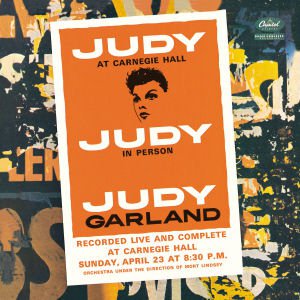
Many people who saw Judy Garland in the final weeks of her life in mid '69 described her in similar terms: That she looked like a sick bird, broken and unable to fly.
She was battling a lifetime of debts, betrayals, pills, booze, chronic unhappiness, self-doubt . . .
In one of her last interviews she said, “I've worked very hard, you know, and I've planted some of – I've been lucky enough -- I guess, to plant a star – and then people wanted to either get in the act or else they wanted to rob me emotionally or financially, whatever.
“And then they walk away . . . and it's always lonely.”
That loneliness had been her companion since she first stepped on stage as a child took a terrible toll.
In Anne Edwards' compelling biography in the mid Seventies she quotes Danish radio personality Hans Vangkilde in Copenhagen who saw Garland in the final weeks. He described her as “like a slender bough, snapped in two and ready to break” and “she had the look of the death camps, but her eyes – such beautiful eyes, warm and brown and childish, the whites clear and dazzling – almost feverish”.
And Vangkilde knew what he was talking about when he said “the look of the death camps” . . . because as a journalist he had covered the concentration camps.
Photographs taken at her final concert in Copenhagen show a woman so painfully thin that they confirm his assessment.
If her lows were the lowest any human can sink to – at the end she seemed to revert to a childlike state and was sometimes hallucinating – then her highs were perhaps greater than most of us could imagine.
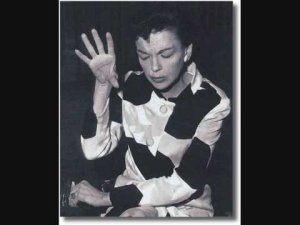 More than a few times she pulled
herself out of whatever stupor or suicidal mood she was in and
climbed back on the stage once more . . . to be in the only place she felt
truly loved.
More than a few times she pulled
herself out of whatever stupor or suicidal mood she was in and
climbed back on the stage once more . . . to be in the only place she felt
truly loved.
One of those times was April 23, 1961 when she played at Carnegie Hall to a capacity crowd which featured the glitterati of New York and not a few Hollywood stars.
Life magazine wrote of the concert that Garland was “part bluebird, part phoenix, she is a legend in her own time”.
That concert is legendary – Rufus Wainwright paid tribute to Garland by performing the show in its entirety in 2006, but his gay following genuflected to his over-wrought performance - – and the award-winning double album from it captured Garland as knees-up entertainer, a soul-blues belter, fragile chanteuse and a damaged woman who could reach inside herself and find new and adult resonances in Somewhere Over the Rainbow which she first sang as 16-year old in The Wizard of Oz.
Garland was in rather better health than she had been for some time (although extremely nervous and exhausted afterwards) and was on the back of successes in Europe and in 12 cities across the States in the preceding months.
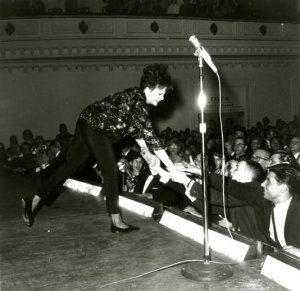 She dropped her sometimes cornball
acting routines (in blackface and as Chaplin's little tramp) and
simply unleashed that astonishingly powerful and flexible voice on standards by the
Gershwins, Rodgers and Hart, Lerner and Loewe, Noel Coward, Irving
Berlin, Johnny Mercer, Harold Arlen . . .
She dropped her sometimes cornball
acting routines (in blackface and as Chaplin's little tramp) and
simply unleashed that astonishingly powerful and flexible voice on standards by the
Gershwins, Rodgers and Hart, Lerner and Loewe, Noel Coward, Irving
Berlin, Johnny Mercer, Harold Arlen . . .
With a swinging big band under Mort Lindsey, Garland had the catalogue of songs, the delivery and the love of over 3000 people as she essayed a show in two parts where she joked and sang popular warhorses like Swanee, Chicago and Zing Went the Strings of My Heart but also dug deep into Alone Together, If Love Were All, Do It Again, I Can't Give You Anything But Love and Alone Together where the veneer of confidence doesn't slip so much as be so thin to allow in the depth of the lyrics she sings.
Afterwards – called back for encores by a crowd that didn't want to leave and knew it had witnessed one of the greatest of concerts – Garland was on a roll.
She went to Hollywood and appeared in Stanley Kramer's harrowing film Judgement at Nuremberg (for which she was nominated for an Oscar as best supporting actress), but then very quickly – and we need to add, once again because this was her pattern – her world started to unravel and she took to a rootless life of hotel rooms, pills, suicide attempts, bad business deals and sometimes worse relationships . . .
Dirk Bogarde who appeared opposite her in the film I Could Go on Singing once observed, “Judy is a schizo, Judy is a mess, Judy is a genius”.
A weekly television show was started and dropped, her weight ballooned and then just as rapidly dropped, because she needed money her various husbands and minders committed her to grueling performance schedules when she was clearly ill . . .
She died, aged 47, eight years after the Carnegie Hall triumph in the bathroom of a modest rented house in London.
Her daughter Liza Minnelli said Judy “was just tired, like a flower that blooms and gives joy to the world, then wilts away”.
Why did she keep doing it? Because she knew no other way, perhaps?
Also, as she once said, “During the bad days I'm sure I would have perished without those wonderful audiences”.
When Judy Garland was at the top of her game she could transport those audiences beyond the rainbow.
On the bad days . . . it was all down and down and down . . .
These Essential Elsewhere pages deliberately point to albums which you might not have thought of, or have even heard . . .
But they might just open a door into a new kind of music, or an artist you didn't know of. Or someone you may have thought was just plain boring.
But here is the way into a new/interesting/different music . . .
Jump in.
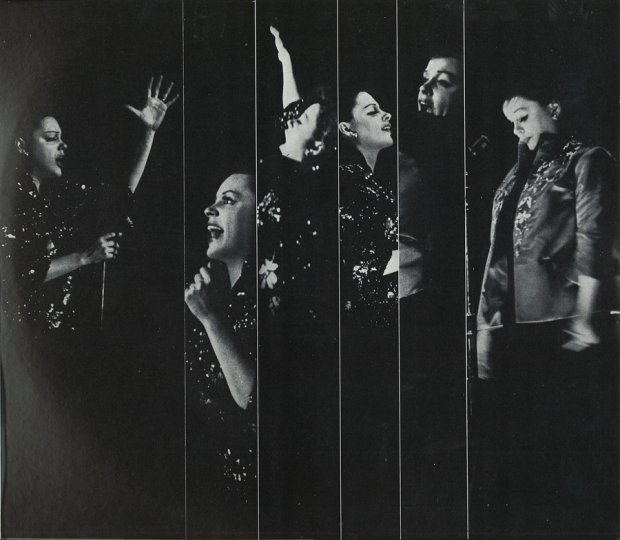



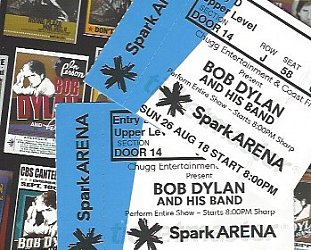
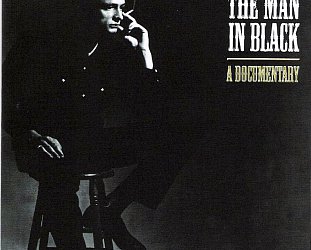
Tami - Sep 15, 2014
Judy was my first true musical love, the one I tried to mimic in the bathroom mirror with a hairbrush microphone. Nobody can touch that voice x
Savepost a comment